15 Books About Industrial Revolution
Fifteen books on Britain’s Industrial revolution This reading list on Britain’s Industrial revolution complements Odyssey Travellers escorted small group tour that traces via the canal and railway network, the evolution of this monumental change in…
16 Oct 17 · 2 mins read
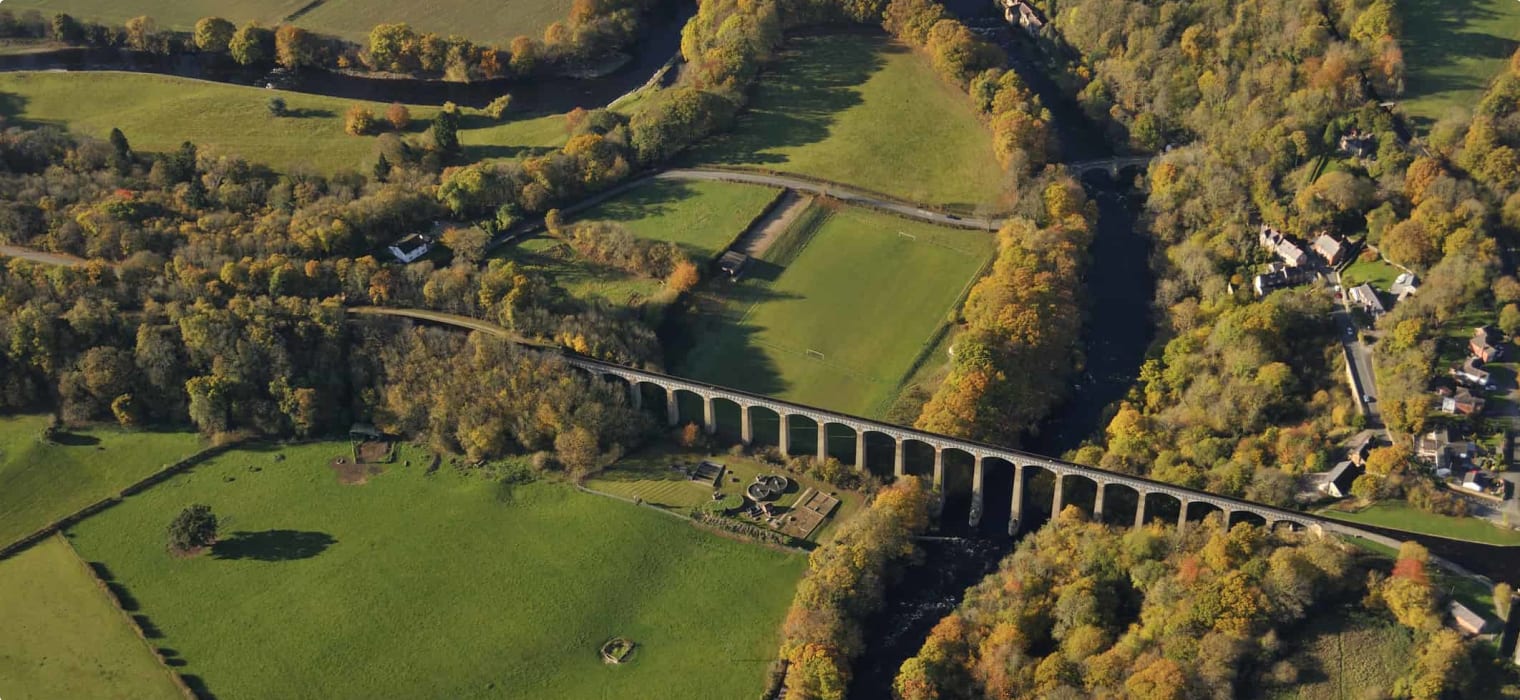
Fifteen books on Britain’s Industrial revolution
This reading list on Britain’s Industrial revolution complements Odyssey Travellers escorted small group tour that traces via the canal and railway network, the evolution of this monumental change in global society. That evolution today is called the “Industrial revolution”. This small group tour for mature & senior travellers interested in history visits the key locations that played a major part or made a substantial contribution to the Industrial revolution. You can read more about this this tour by following this link to the tour of Britain’s canals & railways.
There are of course many books published on the Industrial revolution. This is Odyssey’s list that complements the tour. We look forward to receiving your suggestions as well in the comment box below.
The Railway - British Track Since 1804
Energy and the English Industrial Revolution
The British Industrial Revolution in Global Perspective (New Approaches to Economic and Social History) 2009
The Birth of the Chocolate City: Life in Georgian York
Walking Through Glasgow's Industrial Past (Walk With Luath)
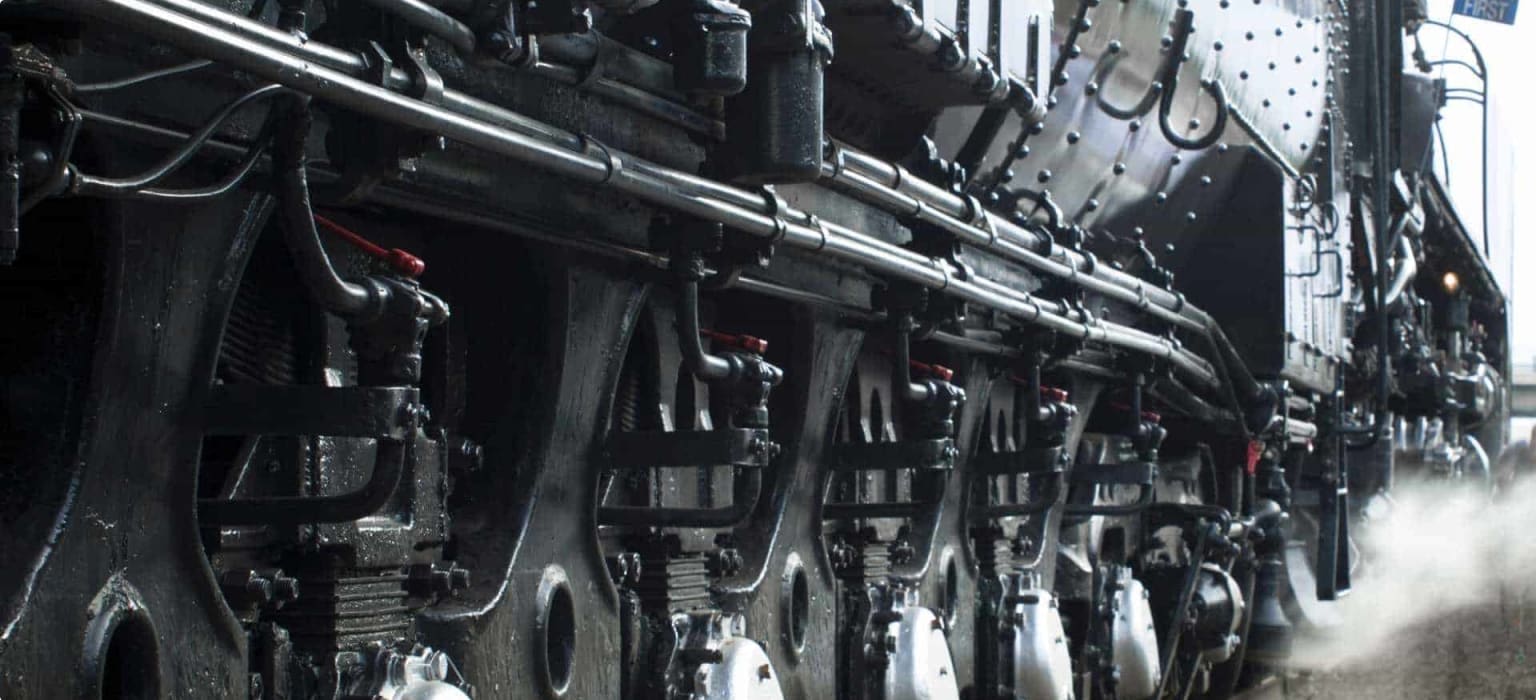
The Apprentice of Split Crow Lane: The Story of the Carr's Hill Murder
The King Of Sunlight: How William Lever Cleaned Up The World
Canals: The Making of a Nation
Brunel: The Man Who Built the World
Iron, Steam & Money: The Making of the Industrial Revolution
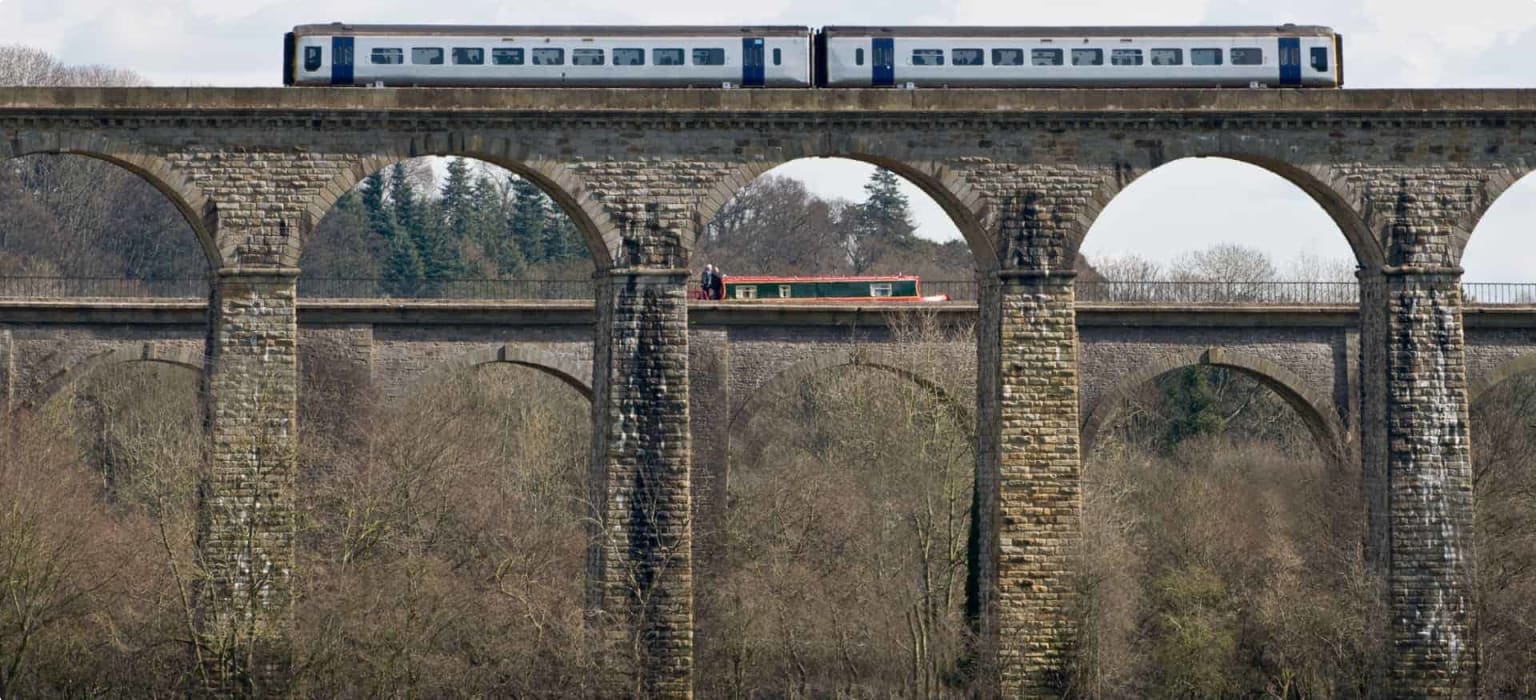
The Making of the English Working Class
by E. P. Thompson (1963)
A seminal text on the history of the working class by one of the most important intellectuals of the twentieth century.
During the formative years of the Industrial Revolution, English workers and artisans claimed a place in society that would shape the following centuries. But the capitalist elite did not form the working class—the workers shaped their own creations, developing a shared identity in the process. Despite their lack of power and the indignity forced upon them by the upper classes, the working class emerged as England’s greatest cultural and political force. Crucial to contemporary trends in all aspects of society, at the turn of the nineteenth century, these workers united into the class that we recognize all across the Western world today. E.P. Thompson’s magnum opus, The Making of the English Working Class defined early twentieth-century English social and economic history, leading many to consider him Britain’s greatest postwar historian. Its publication in 1963 was highly controversial in academia, but the work has become one of the most influential social commentaries every written.
The Enlightened Economy: An Economic History of Britain 1700-1850
by Joel Mokyr (2009)
This book focuses on the importance of ideological and institutional factors in the rapid development of the British economy during the years between the Glorious Revolution and the Crystal Palace Exhibition. Joel Mokyr shows that we cannot understand the Industrial Revolution without recognizing the importance of the intellectual sea changes of Britain’s Age of Enlightenment.
In a vigorous discussion, Mokyr goes beyond the standard explanations that credit geographical factors, the role of markets, politics, and society to show that the beginnings of modern economic growth in Britain depended a great deal on what key players knew and believed, and how those beliefs affected their economic behavior. He argues that Britain led the rest of Europe into the Industrial Revolution because it was there that the optimal intersection of ideas, culture, institutions, and technology existed to make rapid economic growth achievable. His wide-ranging evidence covers sectors of the British economy often neglected, such as the service industries.
A Short History of the British Industrial Revolution
by Emma Griffin (2010)
Listen to author Emma Griffin discussing the British Industrial Revolution on BBC Radio 4’s In Our Time
Why was the British industrial revolution such a pivotal event in world history?
This succinct introduction explains what the Industrial Revolution was, when exactly it occurred and why it happened in Britain first. Providing a clear and compelling synthesis of the latest research on industrialization, and illustrated with newspaper articles, photographs and graphs, the book is aimed at students without any prior knowledge.
Griffin assesses the best known explanations for the industrial revolution, and argues that industrialization is to be understood chiefly as the switch to a new source of fuel (coal) coupled with the emergence of new technologies. Situating British industrialisation in a global context, she evaluates what benefits, if any, the world’s first industrial revolution brought to the ordinary men and women whose labour made it happen.
The Condition of the Working Class in England
by Friedrich Engels (1845)
This, the first book written by Engels during his stay in Manchester from 1842 to 1844, is the best known and in many ways the most astute study of the working class in Victorian England. The fluency of his writing, the personal nature of his insights, and his talent for mordant satire all combiine to make Engels’s account of the lives of the victims of early industrial change an undeniable classic.
Great Expectations
by Charles Dickens (1861)
Considered by many to be Dickens’ finest novel, Great Expectations traces the growth of the book’s narrator, Philip Pirrip (Pip), from a boy of shallow dreams to a man with depth of character. From its famous dramatic opening on the bleak Kentish marshes, the story abounds with some of Dickens’ most memorable characters.
Among them are the kindly blacksmith Joe Gargery, the mysterious convict Abel Magwitch, the eccentric Miss Haversham and her beautiful ward Estella, Pip’s good-hearted room-mate Herbert Pocket and the pompous Pumblechook.
As Pip unravels the truth behind his own ‘great expectations’ in his quest to become a gentleman, the mysteries of the past and the convolutions of fate through a series of thrilling adventures serve to steer him towards maturity and his most important discovery of all – the truth about himself.
Related Tours
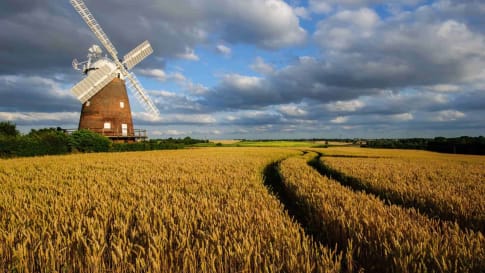
23 days
AprAgrarian and Industrial Britain | Small Group Tour for Mature Travellers
Visiting England, Wales
A small group tour of England that will explore the history of Agrarian and Industrial period. An escorted tour with a tour director and knowledgeable local guides take you on a 22 day trip to key places such as London, Bristol, Oxford & York, where the history was made.
From A$17,275 AUD
View Tour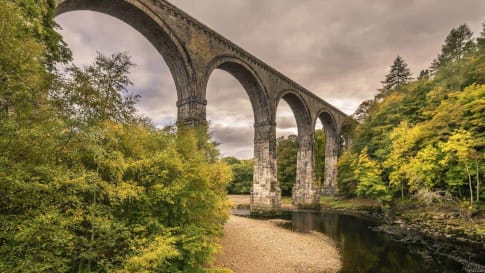
23 days
Oct, Apr, SepCanals and Railways in the Industrial Revolution Tour | Tours for Seniors in Britain
Visiting England, Scotland
A small group tour of Wales, Scotland & England that traces the history of the journey that is the Industrial revolution. Knowledgeable local guides and your tour leader share their history with you on this escorted tour including Glasgow, London, New Lanark & Manchester, Liverpool and the Lake district.
From A$17,860 AUD
View Tour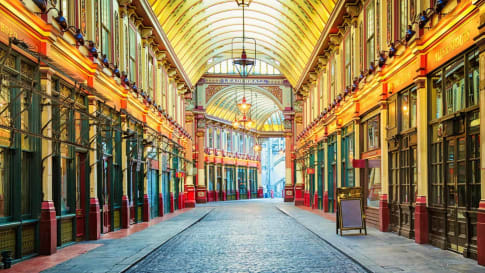
21 days
Sep, JunQueen Victoria's Great Britain: a small group tour
Visiting England, Scotland
A small group tour of England that explores the history of Victorian Britain. This escorted tour spends time knowledgeable local guides with travellers in key destinations in England and Scotland that shaped the British isles in this period including a collection of UNESCO world heritage locations.
From A$15,880 AUD
View Tour



